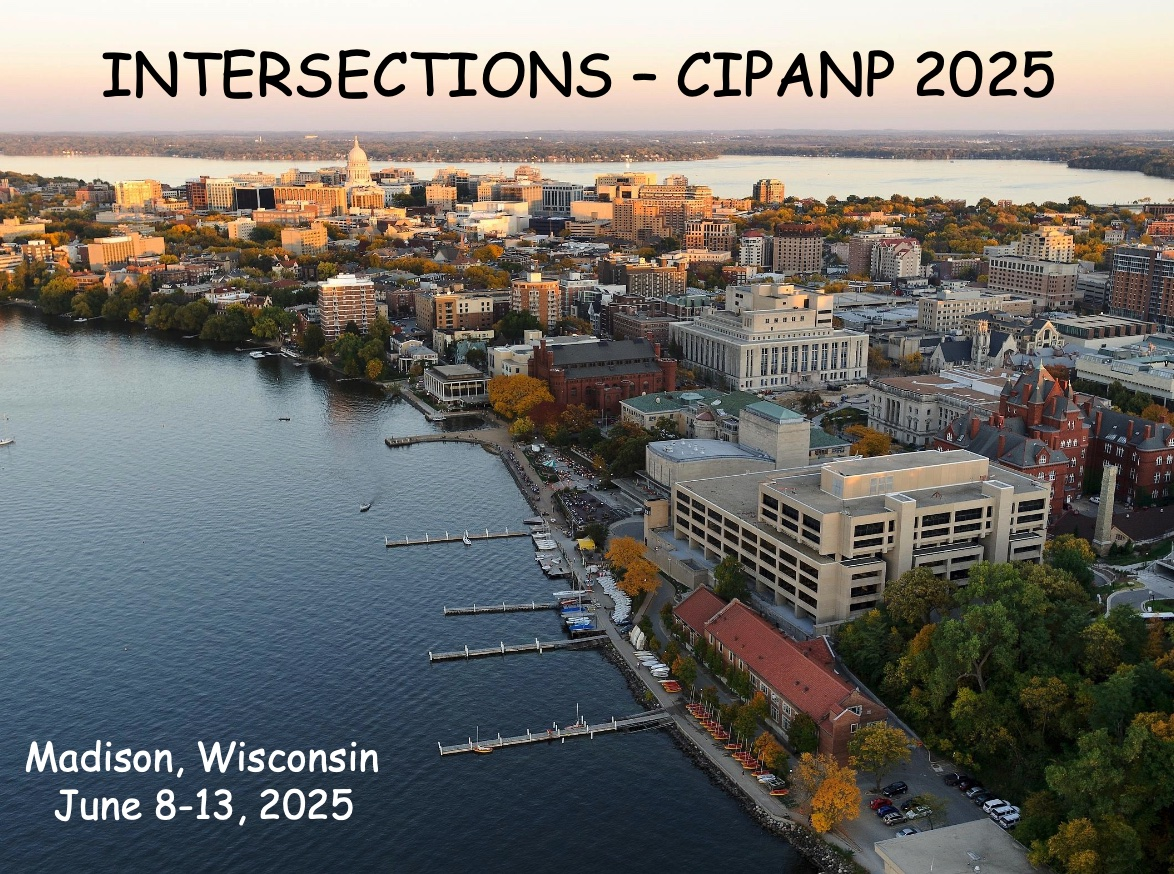Speaker
Description
Quantum computing offers a promising path forward for tackling the exponential complexity of nuclear shell-model calculations, which lie at the heart of understanding nuclear structure. As classical approaches face scaling limits, especially for mid-mass and heavy nuclei, the development of resource-efficient and noise-resilient quantum algorithms has become an important focus within nuclear theory. In this talk, I will present recent progress in designing quantum circuits and hybrid algorithms suitable for noisy intermediate-scale quantum (NISQ) devices. Focusing on light nuclei such as 6Li and 38Ar, I will show how ground and excited state energies can be accurately extracted using adaptive variational algorithms, optimized ansatze, and Gray code-based encodings. I will also discuss the role of error mitigation techniques in enhancing reliability under realistic device conditions. These results illustrate how carefully designed quantum protocols can push the boundaries of current simulations, and pave the way for more scalable applications of quantum computing in nuclear many-body physics.
This work was partly performed under the auspices of the U.S. Department of Energy by the Lawrence Livermore National Laboratory under Contract No. DE-AC52-07NA27344.

